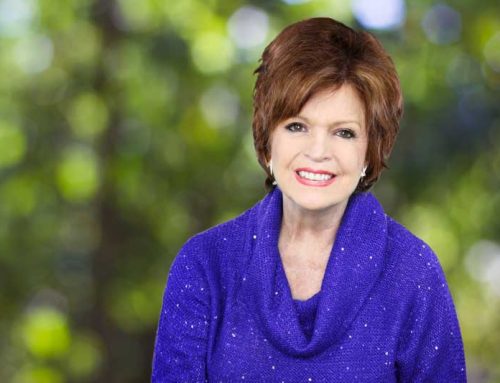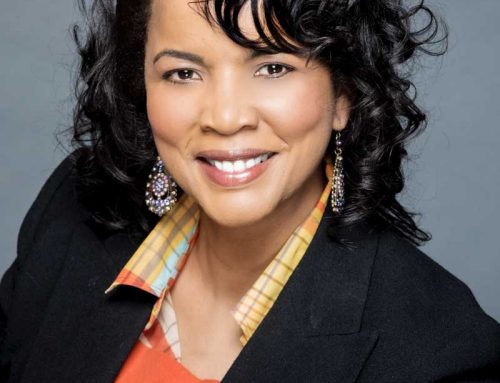A Fresh New Start
By Ridgely Goldsborough

The boy stuck to his side of the street.
Growing up in the city, he never saw such huge trees, powerful enough to burst through the middle of the sidewalk and break the concrete with their roots.
He wasn’t used to the dogs and the birds and the flowers in almost every yard. He shuffled along deep in thought, drinking it all in.
Then he spotted her. She came toward him from the opposite corner with a bucket full of gardening tools.
“That’s her,” he exclaimed inwardly, “the mean one.”
Her unbridled mane hung across her forehead and down in her cheeks in sloppy, blond rivulets that framed her face, some of them matted and unkempt. He could barely see her eyes.
“She doesn’t look all that mean to me,” he pondered.
Still, he remembered what Billy told him and kept his gaze to himself, caught between curiosity and the protective inner ghosts that feared rejection, the unknown and most of all, getting hurt.
He turned toward his house and climbed the four stairs that led to the back porch and into the sanctuary of Mom’s kitchen.
“I saw her,” he declared.
“Who?” his mother asked.
“The mean girl.”
She put down the pile of mixed vegetables and turned her attention fully on the boy.
“What do you mean ‘the mean girl’”? She guarded her emotions and waited.
“The messy one that Billy told me about,” he spouted. “She hangs out by herself at the far end of the park in the flower bed that she calls her own and never talks or play with other kids. Everybody’s scared of her.”
“Did you say hello?” The mother squatted down to match the boy’s level. “Maybe she’s not what you think. Maybe she just needs a chance. Maybe no one ever got to know her.” She paused. “Remember when we talked about starting over?”
The boy flashed back to the day his mother sat him down in their tiny living room a few months after his father died and told him that they were moving.
She told him about a better life in the country, a chance to begin again in a different environment, a space where everything would be much better for them.
She helped him admit that he felt afraid and rubbed his frail chest while he worked through all sorts of demons that tried to close his heart.
He shook his head but said no more.
Days later, the boy found himself in the park very early.
At first, he thought he was alone. He glanced to the far edge and discovered the girl, kneeling in the dirt with her hand wrapped around a trowel, intent on her work.
He resisted the urge to flee, a momentary panic based in past hurt and unresolved emotions too dark to bring to light.
He placed his palm on his own breast and drew in his mother’s energy, that boundless strength that caressed away his own terror each time a shadowy spirit took hold of him.
He willed himself forward.
Along the way, he reached down and picked a bright yellow daisy, the biggest he could find.
He approached her gingerly, one fragile step at a time, battling his trepidation.
The girl stopped and looked at him, blank and without expression.
“I brought you this flower,” he mumbled. “I can see that you like flowers.” He held it out in front of him.
Slowly, a tentative smile connected the tip of her chin to the corners of her lips, broadening to reveal a set of straight, pearly-white teeth that lit up the bottom of her face.
“That’s very nice,” she said, in a soft, feminine voice. “I’m Cecie.”
The boy felt his own face lift and brighten.
“Johnny,” he replied. “My Mom and I moved just here.”
“Do you like flowers, too?” she asked.
“I came from the city and I don’t know that much about them,” he admitted. “But I’d like to.”
“I’ll share,” she said. “Sit with me.”
Hours later, the boy went home, changed.
He exploded into the kitchen, talking a mile-a-minute.
“I met her and her name is Cecie and she’s not mean at all and she’s teaching me about flowers and she lost her parents, too, two years ago and she hasn’t been here that long either and she lives with her Grandma and Grandpa with a kitten named Molly that she promised I could play with sometime. And she’s really nice and she told me her whole story and it’s just like ours.”
“Wow!” The boy’s mother put her hand over his heart. “What a mouthful.”
“She’s just like us, Momma,” the boy uttered excitedly. “I can just tell.”
“What do you mean, son?” she followed.
“It’s just like you said, Momma. Nobody gave her a chance.”
He waited for a moment.
His mother gently stroked his chest.
“She’s just like us, Momma. All she needed was a fresh new start.”
That’s A View From The Ridge…
This article originally appeared in the Spring 2019 issue of CHOICES Magazine






Leave A Comment